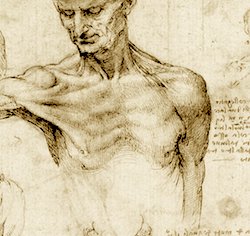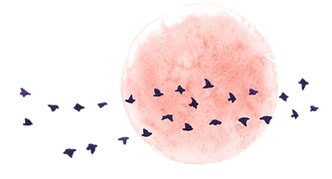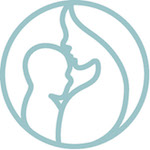A user manual for the Body-Mind
workshops by
Andrew Cook MSc RCST
 Somatisations
Somatisations

Somatisations are physical and physiological symptoms, illnesses and pathologies that occur as a direct result of dissociation. For more information see my new Free online book at body-mind-resilience.com
There are primitive and powerful parts of our senses that could be compared to a personal bodyguard. The bodyguard does not understand context, and so apparently everyday and harmless changes in the environment can trigger an alarm response. The next stage in this response is that the animal body thinks that it is about to be eaten by a lion, and it dissociates. i.e. the body is flooded with natural opiates so that you would not feel yourself being eaten. For most people this would cause a very mild loss of awareness and slight emotional or mental numbness that would normally be unremarkable, sometimes to the point of almost being imperceptible. In more extreme situations it can cause many other odd physical symptoms in varying degrees of severity, including.
- hypermobility and systemic or local loss of tendon strength
- a vast range of immune-deficient and auto-immune conditions
- migraines and headaches
- very poor physical healing of injuries and operations
- peripheral neuropathies and loss of circulation (e.g. Raynaud's disease)
- constipation and other digestive tract disturbances
- muscular spasm and various so-called postural issues and pain in the spine and neck
- systemic conditions such as fibromyalgia and Parkinson's
The physical effects of PTSD/trauma have been extensively studied, but are very poorly publicised; and the exact mechanisms for these effects are still not fully recognised by mainstream medicine. Robert Scaer wrote the first major summary of somatisation research in "The Body Bears the Burden" in 2001. ISBN-9780415641524.
I have substantial experience treating somatisations - including slow healing of injuries due to trauma/shock. However, clearly, if any somatisatuions have progressed to the point of being potentially dangerous pathologies requiring medical treatment, they should be treated as a physical illness and your main point of call should be your GP. It should be recognised that somatisations are not "in your mind", but are a result of physiological adaptations made by your body. Reversing them does usually require some change in how you engage your sensory system, because this is the simplest way to break the feedback loop causing the somatisation. But it's not a trivial issue, and very often there are also physical aspects that also need to be addressed.





<< ¦ Top ¦ Menu ¦ Front page ¦ Body-Mind ¦ CST/Clinic ¦ Contact ¦ Site Map ¦ Search
all content © Andrew Cook, Norwich UK, 2021-2024



